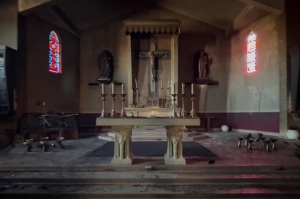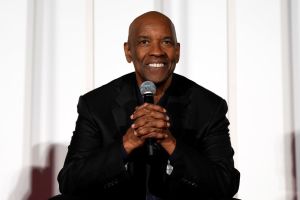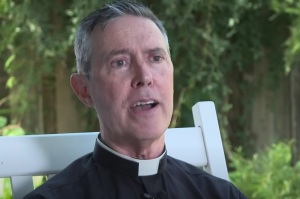Egypt's Parliament Meets in Defiance of Military Council's High Court Ruling
Egypt's parliament met in Cairo Tuesday for a brief time in protest of its dissolution last month by an order of the country's highest court, a ruling that was supported by the then-ruling military council.
The meeting, which lasted less than an hour, was done in defiance of the military's highest court ruling in June that the parliamentary elections were unconstitutional. After the ruling, legislative power was put into the hands of the military council.
At Tuesday's meeting, members of the dissolved parliament swiftly voted to seek a legal opinion regarding the high court's former ruling, thus implying that legal action against the military council's ruling may be pursued.
Tuesday's meeting was encouraged by the country's newly elected president, Mohammed Morsi, who has said since his election in early July that he plans to restore the parliament back into the hands of the people, instead of the ruling military council.
"The (Supreme Council of the Armed Forces) adhered to its pledge to not go beyond of the will of the people. And the elected institutions will come back to take their role, and the great Egyptian army will to go their job to protect the boundaries and security of the country," Morsi said in his first speech as president at the University of Cairo in early July, alluding to his plans to put parliamentary election rights back in the hands of the people.
While many applauded President Morsi's decision to defy the military council's dissolution of parliament, others argue that he took far too much power into his own hands, reflecting the ways of his predecessor, Hosni Mubarak, who ruled the country with a dictatorial fist for almost 30 years.
Many also wonder if Morsi's decision regarding parliament will create discord, or even an actual clash, between him and the ruling military council.
"The president's decree created a crisis. We are witnessing a huge power struggle," Fathi Desouki of the Egyptian Democratic Party told CNN.
U.S. Secretary of State Hillary Clinton told reporters on Tuesday that Egypt's path to democracy is not an easy one.
"We've seen over the last few days that there is a lot of work ahead for Egypt to keep this transition on course. Democracy really is about empowering citizens to determine the direction of their own country," Clinton, who is to visit Egypt later this week, told reporters, according to CNN.
Some critics contend that Morsi's push for democracy could be supported through his recent support for the Christian minority in the country, which he has referred to as "Our Christian brothers...national partners with full rights like Muslims," according to the Christian Broadcasting Network. Critics contend, however, that only time will tell if Morsi plans to be inclusive with the country's Christian minority, which now is at less than 10 percent of the population.




























